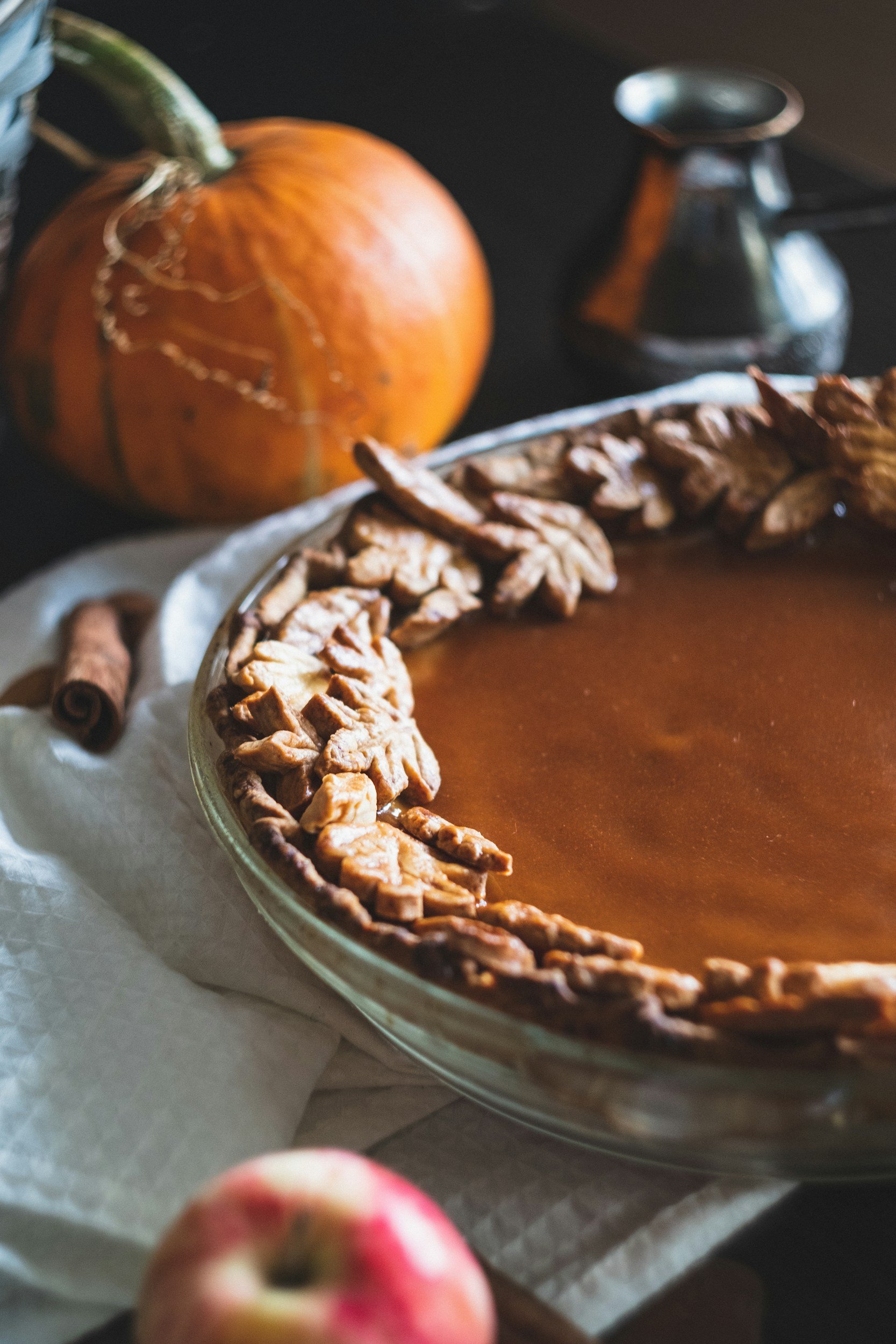
Do you sometimes feel like your brain is in a fog? Finding it hard to focus or struggling with memory lapses? You’re not alone. The good news is that there are steps we can take to clear the mental cobwebs and nurture our cognitive vitality. Before looking at herbal remedies, it’s important to examine potential lifestyle factors that may be draining your brain power. In addition, incorporating certain nootropic herbs like brahmi, gotu kola, ginkgo, lemon balm and others can provide further cognitive support.
Many of us experience periods of fuzzy thinking and cognitive fatigue from time to time due to the demands and stresses of modern life. The good news is that there are steps we can take to clear the mental cobwebs and nurture our cognitive vitality. Before looking at herbal remedies, it’s important to examine potential lifestyle factors that may be draining your brain power.
Common Cognitive Pitfalls: Any of these familiar?
-
Lack of quality sleep – Insufficient or poor sleep can dramatically impair focus, memory, decision making and overall brain function.
-
Dehydration – Even mild dehydration can negatively impact cognitive performance. The brain is about 73% water, so staying well hydrated is crucial.
-
Blood sugar imbalances – Both high and low blood sugar levels can cause brain fog, mood swings and concentration issues. A diet with balanced blood sugar is key.
-
Nutrient deficiencies – Deficiencies in nutrients like omega-3s, B vitamins, magnesium and zinc can contribute to cognitive problems.
-
Inactivity and disconnection from nature – Sedentary lifestyles and lack of exposure to green spaces have been linked to impaired cognition.
-
Chronic stress – Long-term elevated cortisol impairs memory, focus and brain plasticity while promoting inflammation.
-
Hormonal shifts like menopause – Fluctuations in hormones like estrogen can impact cognition in midlife and beyond.
-
Inflammation – Chronic systemic inflammation can disrupt brain function and promote neurodegeneration over time.
-
Poor circulation – Impaired blood flow deprives neurons of oxygen and nutrients essential for optimal brain performance.
Making adjustments in these areas can have a profound impact. Prioritizing good sleep habits, staying well hydrated, stabilizing blood sugar, moving your body regularly outdoors, managing stress, and eating an anti-inflammatory, nutrient-dense diet rich in fruits, veggies, healthy fats and lean protein provides a strong foundation for cognitive health.

In addition to lifestyle factors, incorporating certain herbs and plant compounds can provide further cognitive support.
Some of my favourite nootropic herbs
Brahmi (Bacopa monnieri)
This herb’s scientific name translates to “energy of universal consciousness.” A revered nootropic in Ayurvedic medicine, brahmi contains compounds called bacosides that help brain cells fend off oxidative stress. Numerous studies show it can improve verbal learning, word recall, memory acquisition and retention when taken regularly.
Gotu Kola (Centella asiatica)
Called “the fountain of life”, gotu kola has been used for cognitive health for thousands of years. It’s packed with nutrients like triterpenes that support healthy connective tissue, neurons and blood flow to the brain.
Ginkgo Leaf
One of the most widely studied herbs for brain health, ginkgo biloba contains flavonoids and terpenoids that improve blood flow to the brain and help neurons protect against oxidative stress and inflammation. It has been used in traditional Asian medicine for centuries to support overall cognitive function.
Lemon Balm (Melissa officinalis)
With antioxidants that support brain cell health, lemon balm has been prized for millennia for lowering stress, boosting mood and enhancing memory. It helps inhibit the breakdown of acetylcholine, a neurotransmitter key for cognition, focus and recall.
Bilberries
These dark blue berries are packed with anthocyanin antioxidants that have been shown to increase blood flow to areas of the brain involved in memory, language processing and attention. It’s also promoted as a dietary supplement for night vision, and cataracts.
Schisandra Berries
Considered one of the most powerful herbal tonics, Schisandra is similar to Amalaki in its sourness and astringency, but more warming and mildly pungent. It contains lignans that are being actively studied for their potential to positively impact neurodegeneration and cognitive disorders.
Holy Basil ( Tulsi)
Revered in Ayurveda as “the incomparable one,” holy basil contains magnesium, flavonoids, and ursolic acid – compounds that help manage cortisol levels and oxidative stress for improved mental clarity, memory and mood.
You can experiment with incorporating these herbs as teas, tinctures, powders or by eating them in foods and beverages. Pay attention to how your cognitive function responds over time!
What’s your thoughts on an amazing mid-life?
And yes, that includes your brain health and cognitive performance! Join The Call, an unmatched experience where cutting-edge neuroscience meets practical daily habits. Drawing from peer-reviewed research, we implement proven protocols to enhance mental clarity, build resilience, and protect your cognitive function for decades to come.
Ready to take control of your brain health? The Call shows you how.
SIGN UP NOW and start right away!
Editor’s note: The information in this article is not a substitute for professional medical advice, diagnosis, or treatment. 






Comments +